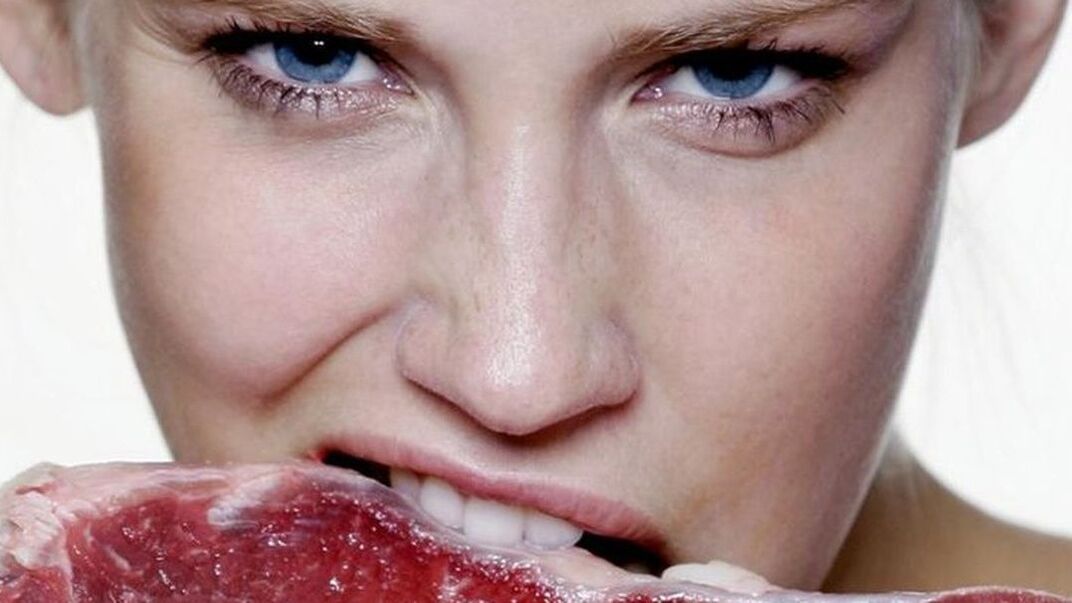
The Essence of Beginners: What It Is in a Nutshell
- 80% of calories come from fat,
- 15% protein kilocalories,
- The remaining 5% are carbohydrates.
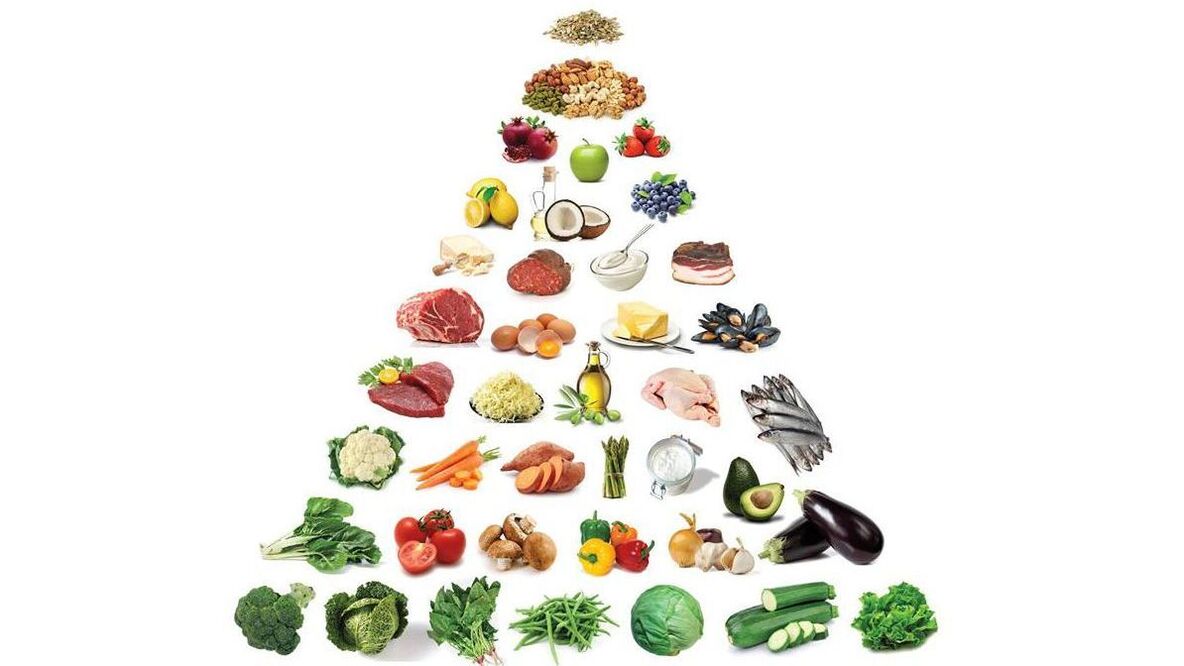
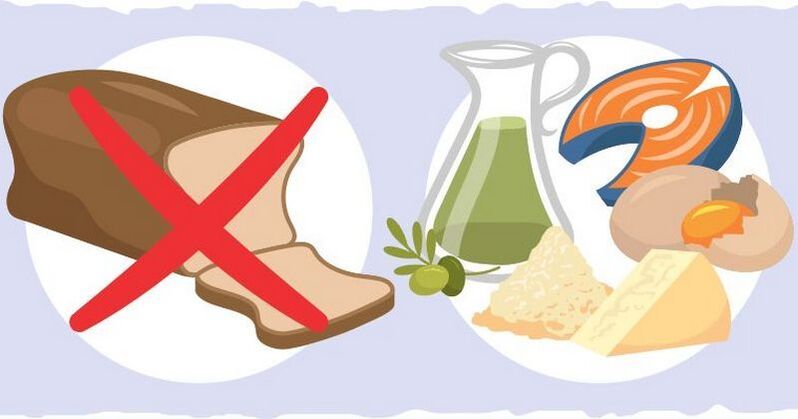
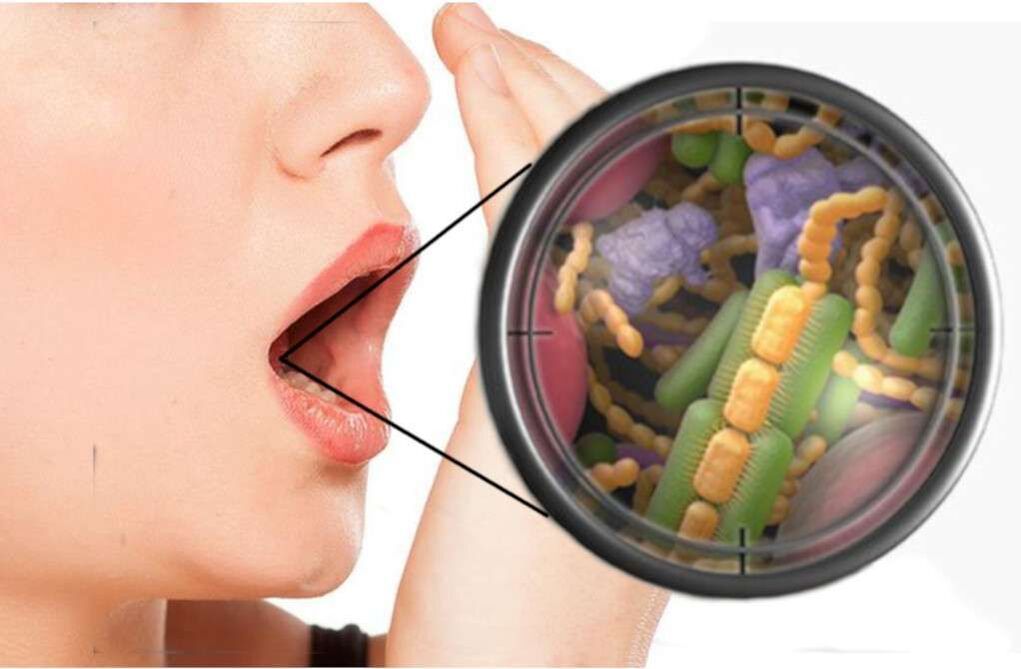
Fun fact: The ketogenic diet was originally invented for people with epilepsy.
Why we don’t recommend it: The dangers of eating fat

Can I lose weight?
About carbohydrates
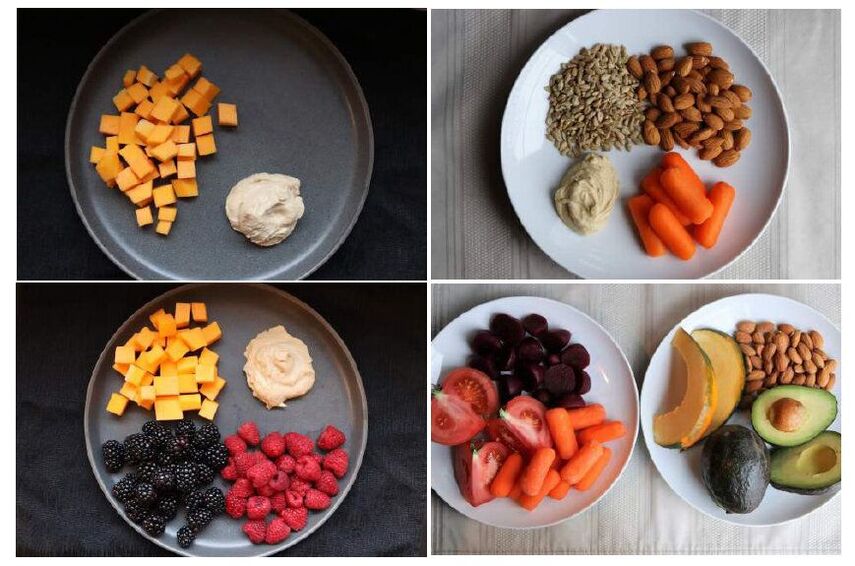
on squirrel
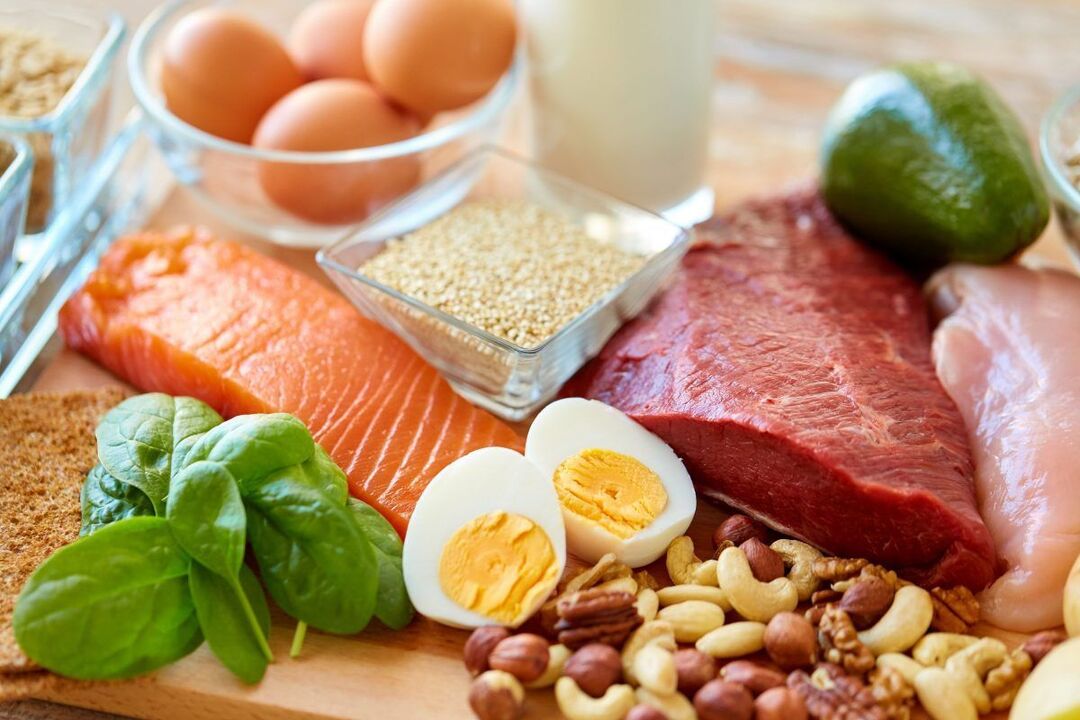
About fat
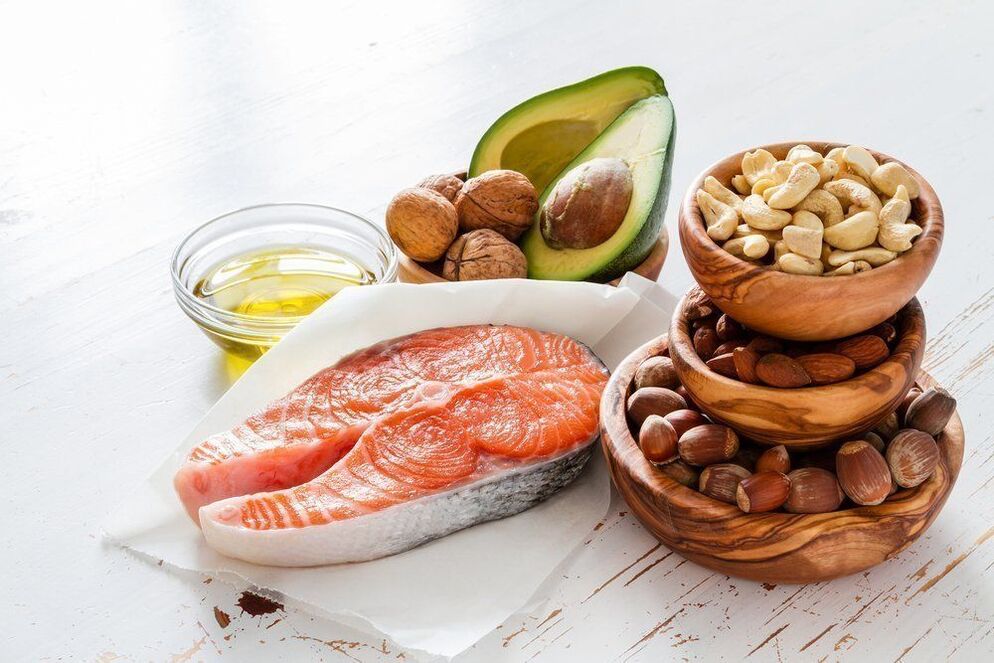
Lie or truth
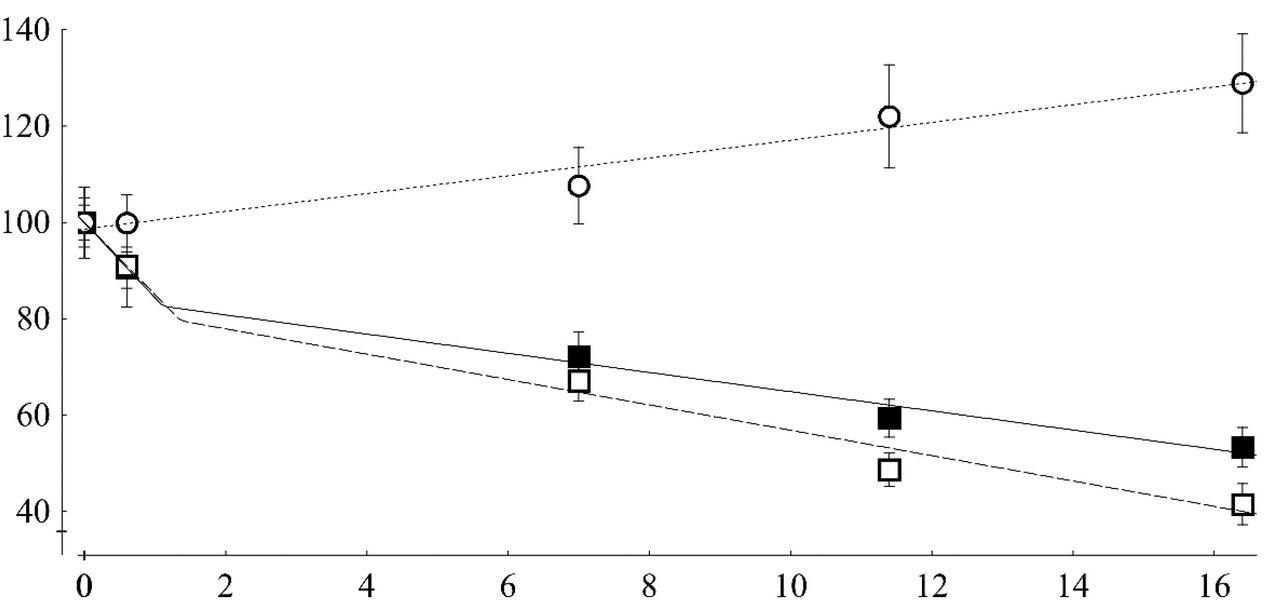
Benefits and effects
harm
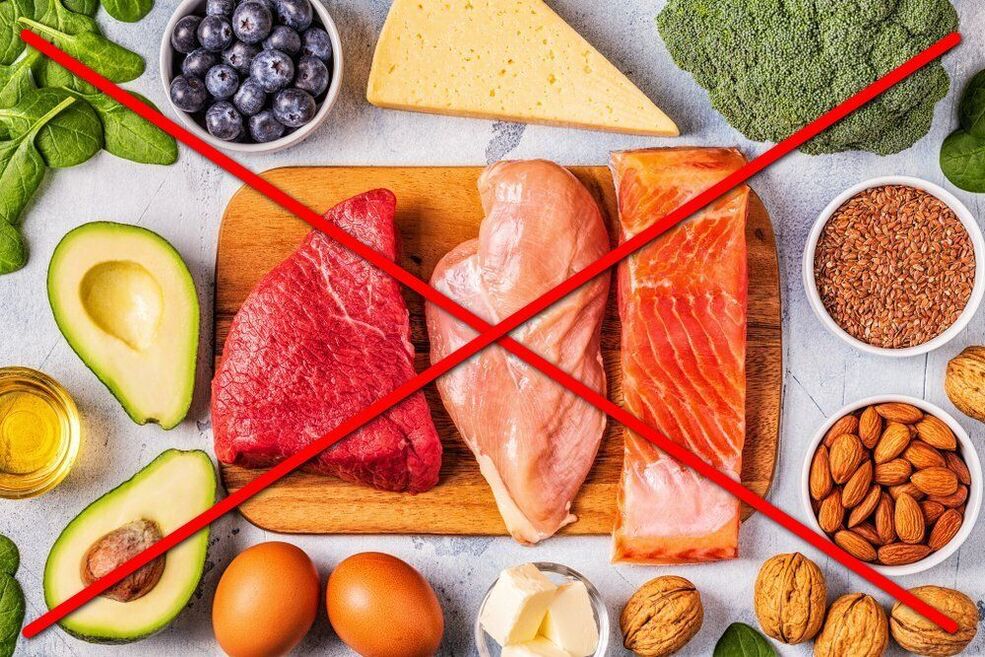
Contraindications for use
Reference: Diabetic ketoacidosis (ketoacidosis) is a variant of metabolic acidosis associated with impaired carbohydrate metabolism due to insulin deficiency: high concentrations of glucose and ketone bodies in the blood.






























